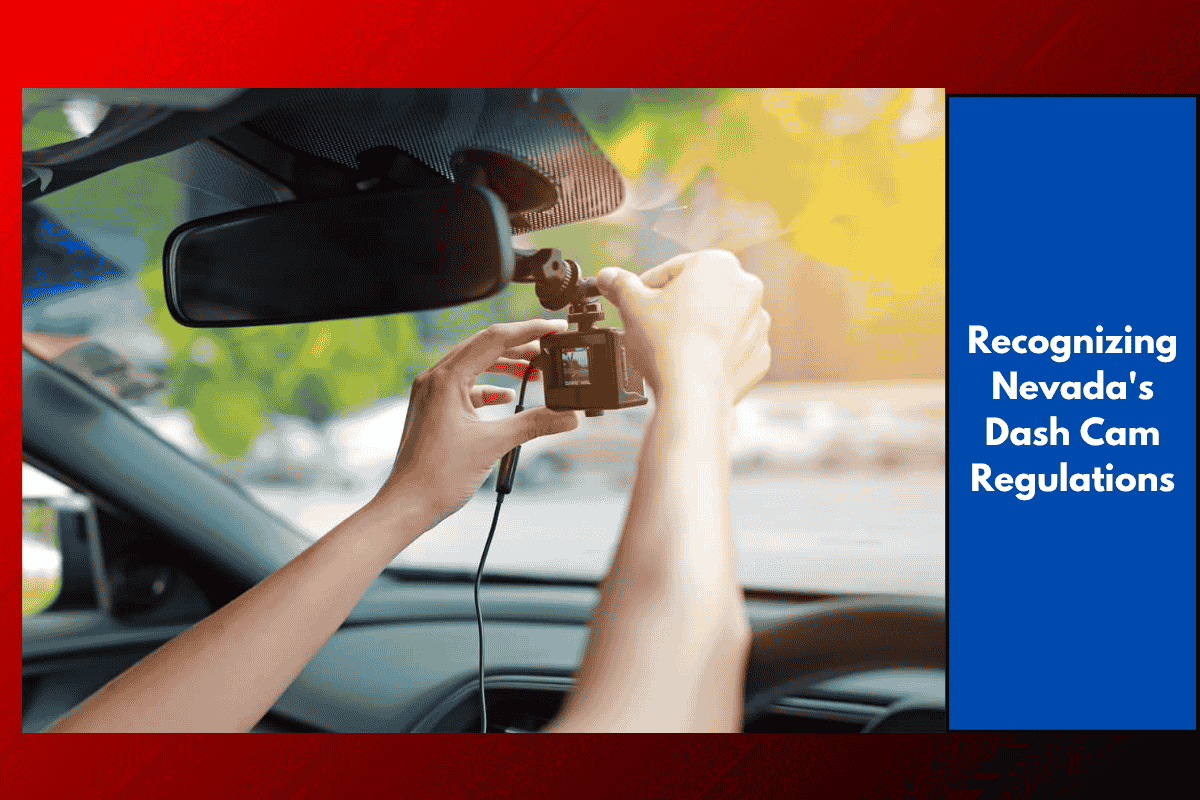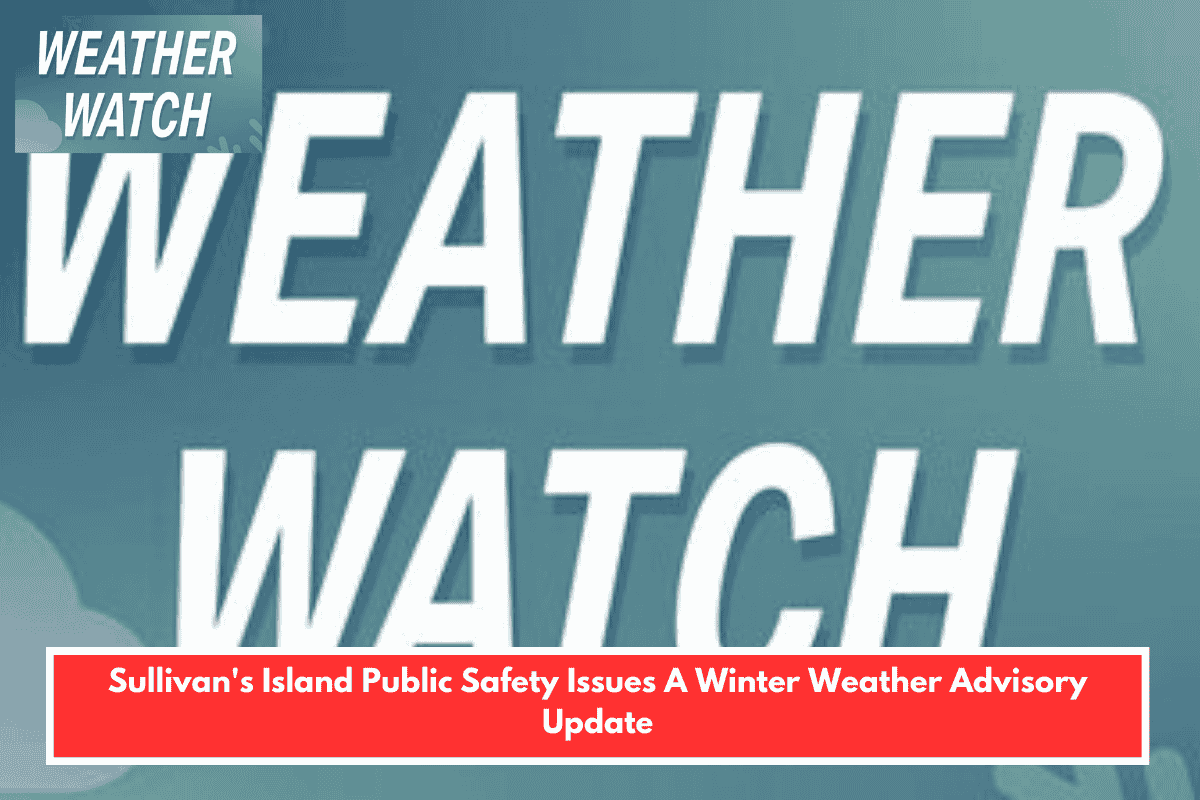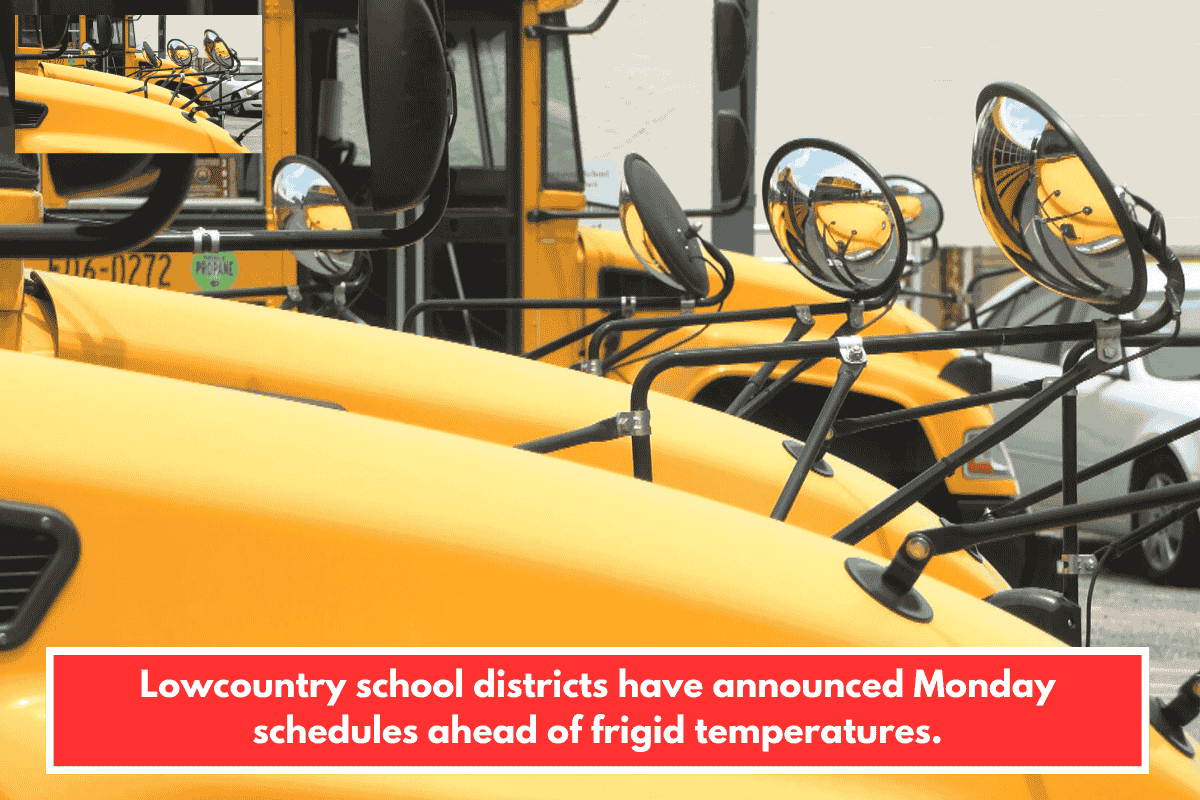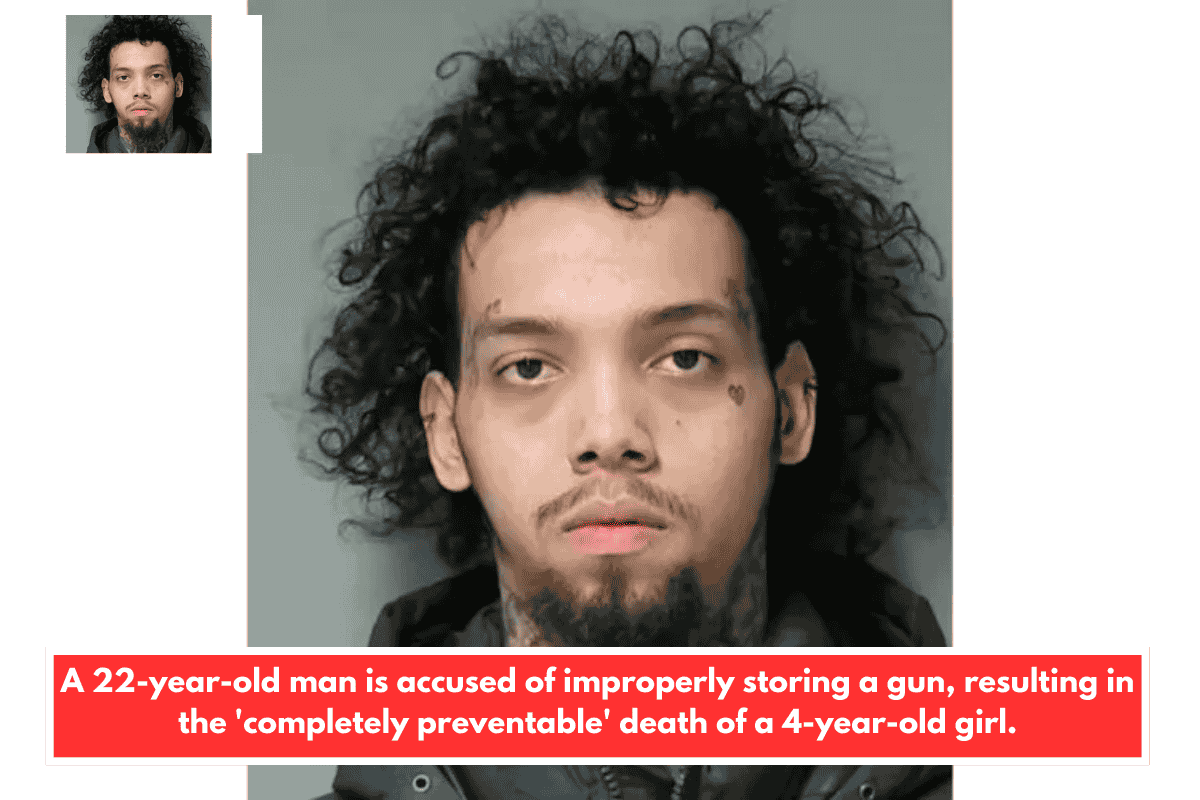Dash cams, or dashboard cameras, have become increasingly popular among drivers for a variety of reasons. They help capture footage of incidents, accidents, and road conditions, providing valuable evidence in case of disputes or accidents. However, in some states, there are specific regulations surrounding the use of dash cams. If you’re driving in Nevada, you may be wondering about the state’s laws on dash cams. This article will help you understand the regulations regarding dash cams in Nevada, ensuring that you stay within the law while using one.
Nevada’s Laws on Dash Cam Use
In general, Nevada does not have specific laws prohibiting the use of dash cams in vehicles. It is perfectly legal to install and use a dash cam for personal or commercial purposes in the state. However, like any other tool used in a vehicle, dash cams are subject to certain regulations that protect privacy and ensure road safety.
Privacy Concerns and Dash Cam Usage
While Nevada allows the use of dash cams, one important thing to be aware of is privacy laws, especially when recording footage in public spaces. Nevada is a “one-party consent” state for audio recording, which means that as long as one person involved in a conversation or interaction consents to the recording, it’s legally permissible.
However, you should be cautious if your dash cam records audio along with video. If you capture a conversation between people in your car, you may need to obtain the consent of all parties involved to avoid violating Nevada’s privacy laws. This is particularly important if your dash cam has a microphone feature, which records both video and audio.
Using Dash Cams in Nevada: Key Considerations
Windshield Obstruction: While using a dash cam is legal, it’s essential to ensure that the placement of the dash cam does not obstruct your view while driving. Nevada law prohibits any device or object that obstructs the driver’s view of the road. This includes objects placed on the windshield or other parts of the vehicle that could block the driver’s line of sight. Make sure the dash cam is mounted in a position that does not interfere with the driver’s view of the road or traffic signs.
Public Recording: Dash cams are primarily used for recording events on public roads, which is generally legal. However, you should avoid using dash cams in situations where they might invade others’ privacy. For example, recording footage inside private property or residential areas without consent could lead to privacy violations. Always respect people’s privacy, especially when your dash cam might inadvertently capture individuals in situations where they have an expectation of privacy.
Dashboard Camera Regulations in Commercial Vehicles: For commercial drivers, dash cam usage may be subject to additional regulations, especially in relation to recording employees or interactions with customers. If you are a business owner using dash cams in vehicles, it’s crucial to ensure that you are compliant with any federal regulations related to surveillance and privacy.
Potential Legal Issues
While Nevada generally allows dash cams, there are situations in which the use of a dash cam could lead to legal issues:
Invasion of Privacy: As mentioned, recording audio or video in situations where one or more parties expect privacy could lead to legal problems. For example, recording conversations in private places, like inside someone’s home or inside a store, without consent could be considered an invasion of privacy under Nevada law.
Misuse of Recorded Footage: If you use your dash cam footage for malicious purposes, such as publishing private conversations or footage of others without their consent, you could face legal action. It’s important to use the footage responsibly and for its intended purpose, such as providing evidence in the case of a car accident or traffic violation.
Evidence in Legal Proceedings: Dash cam footage is often used as evidence in traffic disputes or accidents. While it can be a valuable tool, it’s important to remember that it must be relevant and reliable. If you plan to use dash cam footage in a legal proceeding, make sure it is properly stored, not tampered with, and meets the requirements for admissibility in court.
In Nevada, using a dash cam is legal, and there are no specific state laws that ban their use in vehicles. However, you should be mindful of privacy concerns, especially if your dash cam records audio, as Nevada’s one-party consent laws apply. Additionally, avoid obstructing your view with the dash cam and always use it responsibly. For commercial drivers, it’s important to follow federal regulations regarding the use of dash cams in business vehicles. By understanding these considerations, you can ensure that you use your dash cam legally and effectively in Nevada.
SOURCES
[1] https://www.ddpai.com/blog/dash-cam-laws/
[2] https://blackburnwirth.com/blog/vehicle-dash-cam/
[3] https://lloydbakerinjuryattorneys.com/7-legal-benefits-of-having-a-dash-cam-in-nevada/
[4] https://www.expertmarket.com/dash-cams/dash-cam-laws-by-state
[5] https://harrislawyers.com/dash-cam-auto-accident-case/














